Glycosides are molecules where a sugar is bound to something else. Glycosides play several important roles in living things. Many plants store vital substances in the form of inactive glycosides.
When these substances are needed, the glycosides bond with water and an enzyme, releasing the sugary part, making the chemical suitable for use. A large number of these types of plant glycosides are used as medicine.
Glycoside molecules consist of 2 parts - a sugar part, called the glycone and the non-sugar part, known as the aglycone or genin.
Benefits and Types of Glycosides
The glycosides found in medicinal plants, depending on the chemical nature of the aglycone, are divided into several main groups.
Flavonoid glycosides - their aglycones are flavonoids, flavonols and others. The term comes from "flavus" - yellow; since they are colored pale yellow to yellow-orange. These pigments are extremely common and are seen in nearly all plants and plant parts.
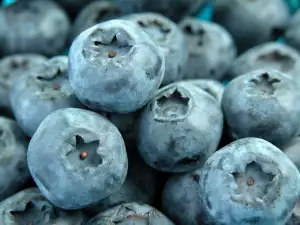
They provide the yellow color to the flowers but are also found in the leaves, roots and fruits. These glycosides increase the endurance of capillary blood vessels and improve their elasticity.
For this reason they are used for various types of bleeding but also as a preventative measure during early stages of arteriosclerosis. They stimulate heart function, lower high blood pressure. Flavonoid glycosides are key natural antioxidants - they prevent vitamin C from oxidizing.
Phenolic glycosides - their aglycones are phenols or phenolic acids. They are primarily found in the willow and heath families of plants. Some phenolic glycosides have a proven cholagogue and choleretic actions.
Anthocyanin glycosides - this group encompasses the red, blue and violet tones found in the fruits and flowers of numerous plants. They affect capillary permeability, have an anti-inflammatory action and are used for some eye problems.
They improve sharpness of vision when there is inadequate light. The anthocyanin glycosides contained in bilberries have superior effects in this regard.
Anthraquinone glycosides - found mainly in the Polygonaceae, Fabaceae, Rubiaceae, Liliaceae and Rhamnaceae families. These glycosides have long been known for their laxative or purgative properties for chronic constipation.
Cardiac glycosides - the term comes from their specific effect on the cardiac muscle. Along with their positive effect on cardiac function, they are highly toxic, which is why their use needs to happen under medical supervision.
Coumarin glycosides - there are about 200 compounds known in this group. They are common primarily in the Rutaceae, Rosaceae, Asteraceae, Solanaceae and Apiaceae families. Some of their derivatives have a spasmodic and diuretic action, while others dilate the blood vessels.
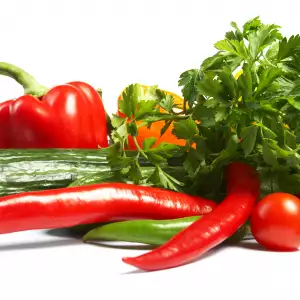
Iridoid glycosides - they have a highly bitter taste. Some of them are potent antibiotics with antifungal and antibacterial properties. Others stimulate appetite, while still others have a distinct sedative effect.
Thioglycosides - these are glycosides that contain sulfur. Under the effects of ferments, they break apart and release an essential oil that irritates membranes and skin. They have an antifungal and antibacterial effect, while some have a cholagogue effect.
Cyanogenic glycosides - when they break down they release hydrogen cyanide. They are found in the seeds, leaves and roots of certain plants.
Sources of Glycosides
Glycosides are contained in medicinal plants and herbs, fruits and vegetables. Every herb and fruit contains a certain type of glycoside, which explains some of the beneficial effects.
Dangers of Glycosides
Some of the listed glycosides have a harmful effect. For example, cyanogenic glycosides release hydrogen cyanide.
Because of this, using medicinal herbs needs to happen under medical supervision and the listed daily doses must not be exceeded, in order to avoid undesirable complications.
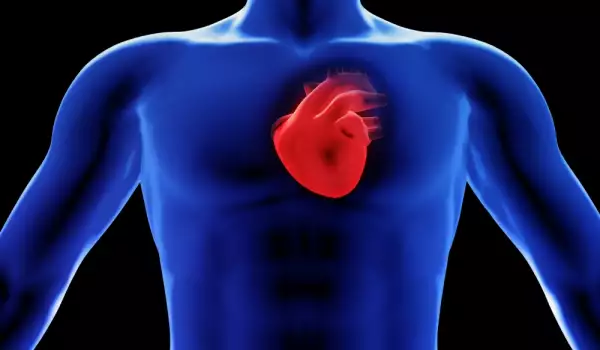
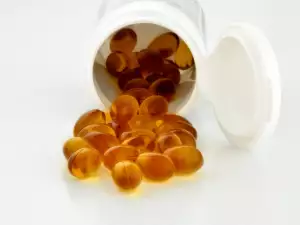
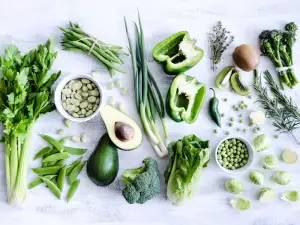

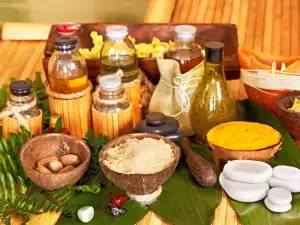
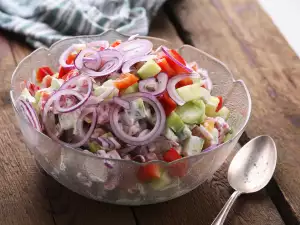

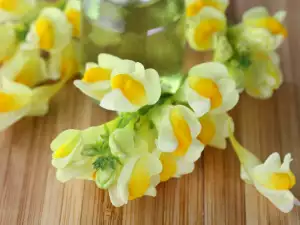

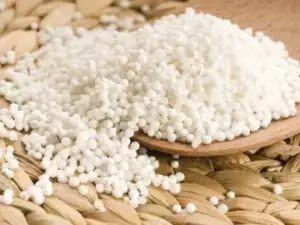
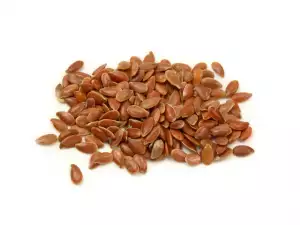
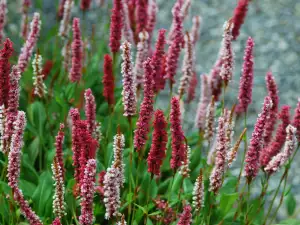
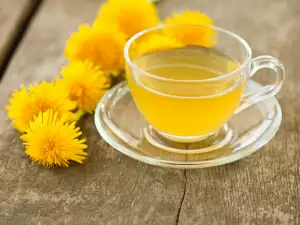
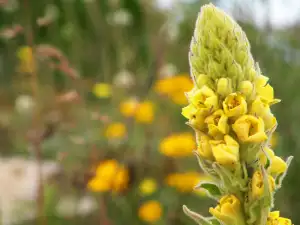
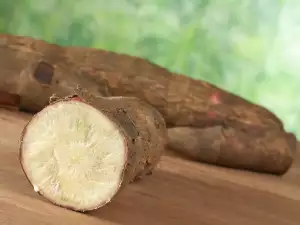
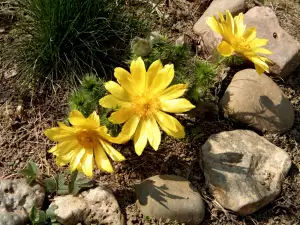
Comments